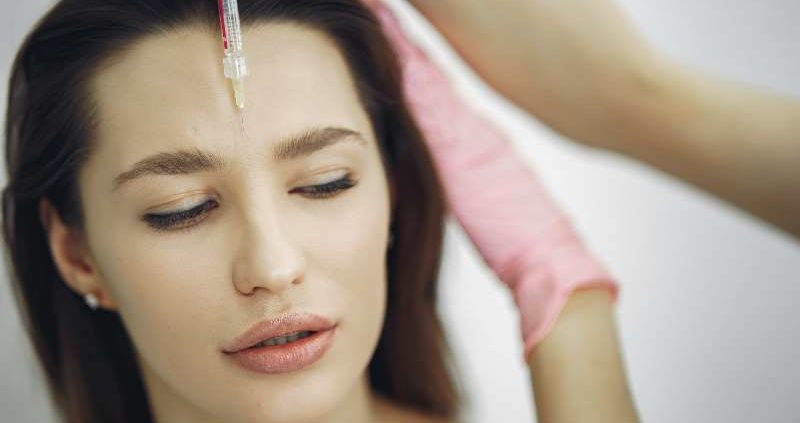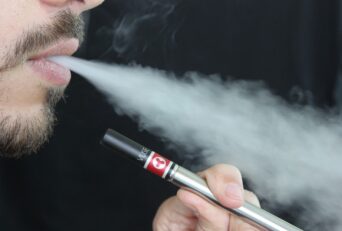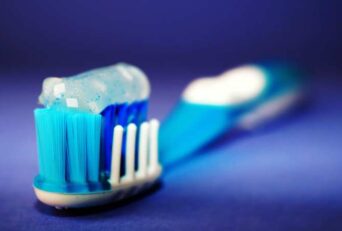Botox has taken the world by storm and it has become a very popular cosmetic treatment for smoothing wrinkles. It’s a naturally purified protein that temporarily relaxes the muscles that cause wrinkles.
The treatment gives a smooth and rejuvenated look. In addition, Botox also helps people who suffer from medical conditions like migraine and also stops the overactive function of the sweat glands and treats excessive sweat in armpits or palms.
However, regardless of what you’re using Botox for, there are certain important aftercare tips essential in preventing bruising and making sure that you achieve the best possible results.
If you’re planning on getting this cosmetic treatment, read below to see what the top Botox aftercare tips are.
Botox treatments are targeted at so-called “trouble areas” that every person has. The first tip that
Table of Contents
Don’t Massage Your Face
you will get after a Botox treatment is to avoid rubbing your face for 24 hours to allow the Botox to migrate throughout the muscle naturally. Also, don’t apply significant pressure on it for at least 1 to 3 days after the treatment.
If you fail to do so, the dosage might move into an unintended area and the results might turn out to be different than what you initially wanted or expected. Even though it is not filler, this is an essential consideration as it’s a toxin.
Massaging, touching or rubbing the area can cause unwanted results such as nerve damage or drooping eyelids or eyebrows. This might sound like common sense, but you have to keep this important tip in mind when you get Botox if you want your face to be in great shape.
Another great tip is to try out nutritional supplements to enhance and prolong the effects of Botox injections which you can find at a great cost. You can look for discount Zytaze, for instance, which is a medical food that provides nutritional support and enhances the effectiveness of Botox in the treatment of cosmetic procedures.
Avoid Strenuous Exercise and Activities
The wonderful thing about Botox treatments is that they do not limit or interfere with your everyday activities. You can go to your appointment, do the treatment, and carry on with the rest of your day. No pain or discomfort is felt, which means you can go back to work and act as you would normally do.
However, one thing must be stressed and that is to avoid participating in rigorous physical activity and exercise, especially if it involves having to bend over. Light to medium exercise is considered acceptable but avoid strenuous movements for a couple of days after treatment if you want to follow proper Botox aftercare recommendations. Furthermore, avoiding aerobic exercises for at least 24 hours will significantly help in preventing any post-injection headaches.
Sleeping
Remember that you should avoid lying down and taking a nap, at least for four hours once you’ve had your Botox injections. It’s very important to keep your head elevated and avoid any pressure being put on the injected sites to prevent the Botox from dispersing.
We know that sleep is of utmost importance and that sleeping in a specific position can be tricky but try to avoid sleeping on the treated area as best as you can. On such note, if you received Botox injections on your face, it’s crucial to sleep on your back as the Botox needs time to settle into your muscles. Lying on your stomach can complicate things and prevent Botox from doing its job. Even if it feels uncomfortable, it is manageable as it’s only for one night.
Medications and Pain-Killers
Some people could experience slight pain after their Botox injections, but this is quite rare and should disappear within a few days. If you really need to take something, consult your doctor and they might prescribe you something like a numbing cream that will reduce your pain and discomfort.
Don’t take strong painkillers as they’re not recommended for non-invasive procedures like Botox. Instead, apply an ice pack to the area as this can reduce bruising but discuss this with your doctor first.
An important piece of advice is also to avoid taking blood-thinning or anti-inflammatory medications like aspirin, ibuprofen, vitamin A, fish oil, vitamin E, and other essential fatty acids, during the week leading up to your appointment as they can thin the blood.
Final Thoughts
The tips we listed above are just some of the post-treatment instructions that are recommended by licensed medical doctors and practitioners if you want to get the best results possible.
Give Botox the time to work and follow all the instructions that your doctor shares with you. By doing so, you will be able to enjoy all of its benefits with no bruising at all.






